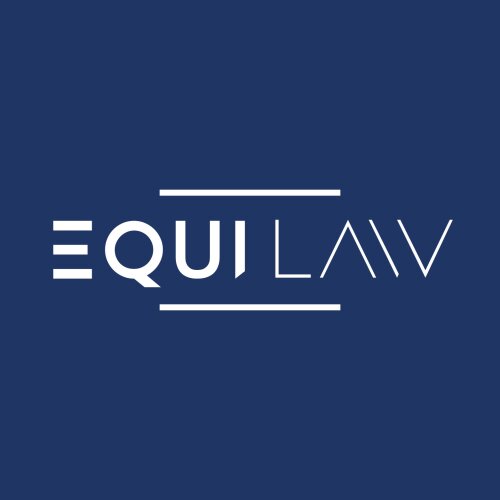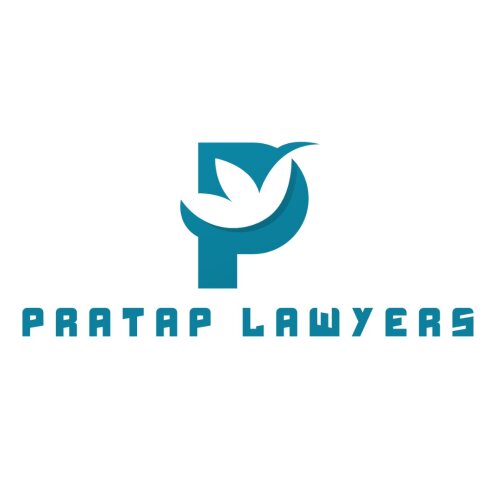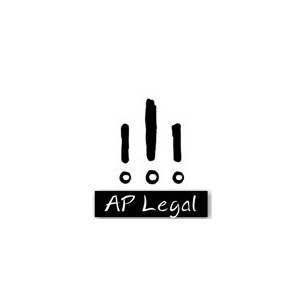Best ADR Mediation & Arbitration Lawyers in Suva
Share your needs with us, get contacted by law firms.
Free. Takes 2 min.
List of the best lawyers in Suva, Fiji
About ADR Mediation & Arbitration Law in Suva, Fiji
ADR Mediation & Arbitration in Suva, Fiji refers to the alternative dispute resolution methods of settling legal disputes outside of traditional court proceedings. It provides parties with a quicker, more cost-effective, and often more amicable way to resolve their conflicts.
Why You May Need a Lawyer
There are several common situations where you may require legal help in ADR Mediation & Arbitration, including:
- When you are involved in a dispute with another party and need assistance in negotiating a fair settlement.
- If you are facing difficulties in determining the appropriate ADR process to use for your specific situation.
- When you need legal advice on your rights and obligations during the ADR process.
- If you are unable to reach a resolution through mediation or arbitration and need to escalate the matter to court.
Local Laws Overview
In Suva, Fiji, ADR Mediation & Arbitration is primarily governed by the Arbitration Act 1976 and the Mediation Act 2008. These acts set out the legal framework for conducting mediation and arbitration proceedings, including the appointment of mediators and arbitrators, enforcement of awards, and the general rules and procedures to be followed.
Frequently Asked Questions
Q: What is the difference between mediation and arbitration?
A: Mediation is a voluntary process where a neutral third party helps the disputing parties reach a mutually acceptable agreement. Arbitration, on the other hand, is a more formal process where an arbitrator makes a binding decision based on the evidence and arguments presented by the parties.
Q: Do I have to participate in ADR Mediation & Arbitration?
A: Generally, ADR Mediation & Arbitration is voluntary unless it is mandated by a contract or required by a court. However, participating in ADR can be beneficial as it offers a chance to resolve disputes efficiently and potentially avoid costly and lengthy court proceedings.
Q: How long does the ADR process usually take in Suva, Fiji?
A: The duration of the ADR process can vary depending on the complexity of the dispute and the willingness of the parties to negotiate. Mediation sessions can usually be completed within a few hours to a few days, while arbitration proceedings may take several weeks or months.
Q: Is the decision reached in arbitration legally binding?
A: Yes, the decision reached in arbitration is legally binding and enforceable in Suva, Fiji. It can be enforced as if it were a court judgment, and the losing party must comply with the arbitrator's decision.
Q: How can I find a qualified mediator or arbitrator in Suva, Fiji?
A: The Fiji Council of Legal Education provides a list of accredited mediators and arbitrators in Suva, Fiji. You can also seek recommendations from local law firms or inquire with relevant professional organizations specializing in ADR Mediation & Arbitration in Suva, Fiji.
Additional Resources
For further information and assistance regarding ADR Mediation & Arbitration in Suva, Fiji, you may find the following resources helpful:
- Fiji Council of Legal Education - www.fcle.org.fj
- Fiji Institute of Arbitrators & Mediators - www.fiam.org.fj
- Ministry of Justice - www.justice.gov.fj
Next Steps
If you require legal assistance in ADR Mediation & Arbitration in Suva, Fiji, the recommended next steps are:
- Identify the type of dispute you have and determine whether ADR is suitable.
- Consult with a local lawyer experienced in ADR Mediation & Arbitration.
- Discuss the specifics of your case and seek legal advice on the best course of action.
- Follow the lawyer's guidance in initiating the ADR process and participate actively in the proceedings.
- If necessary, explore further legal remedies based on the outcome of the ADR process.
Lawzana helps you find the best lawyers and law firms in Suva through a curated and pre-screened list of qualified legal professionals. Our platform offers rankings and detailed profiles of attorneys and law firms, allowing you to compare based on practice areas, including ADR Mediation & Arbitration , experience, and client feedback.
Each profile includes a description of the firm's areas of practice, client reviews, team members and partners, year of establishment, spoken languages, office locations, contact information, social media presence, and any published articles or resources. Most firms on our platform speak English and are experienced in both local and international legal matters.
Get a quote from top-rated law firms in Suva, Fiji — quickly, securely, and without unnecessary hassle.
Disclaimer:
The information provided on this page is for general informational purposes only and does not constitute legal advice. While we strive to ensure the accuracy and relevance of the content, legal information may change over time, and interpretations of the law can vary. You should always consult with a qualified legal professional for advice specific to your situation.
We disclaim all liability for actions taken or not taken based on the content of this page. If you believe any information is incorrect or outdated, please contact us, and we will review and update it where appropriate.















